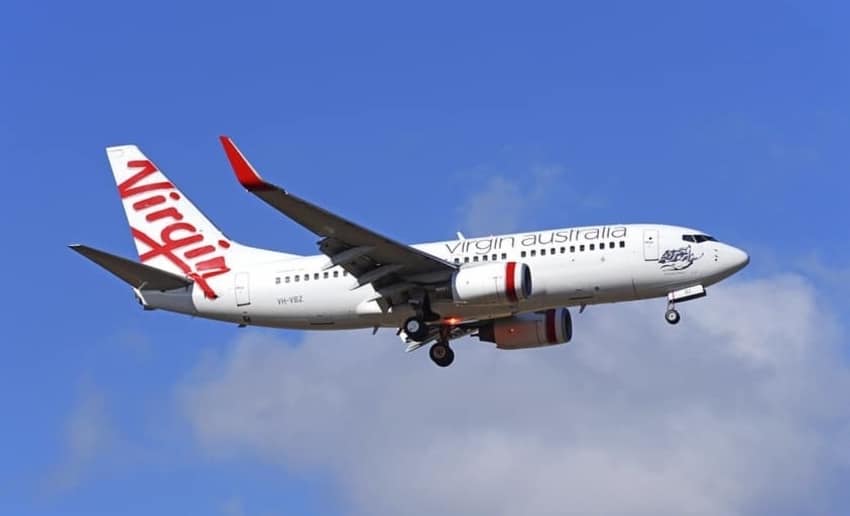Virgin Australia administrators have agreed to sell the airline to Bain Capital.
Virgin Australia, Australia’s second biggest airline, filed for voluntary administration on April 20 after failing to receive the government support it had asked for.
Earlier that week, billionaire founder Richard Branson had appealed to the national government for assistance, and even said he would offer his Necker Island estate in the Caribbean as collateral.
On Friday, US-based private equity group Cyrus Capital Partners withdrew its offer for Virgin Australia, leaving Bain Capital as the sole bidder.
Earlier, Cyrus issued a blistering broadside against the administrators as it pulled out of the race for Virgin Australia.
Cyrus said it delivered a bid last week but “since then, the administrators have not returned calls, emails, or meaningfully engaged with Cyrus to progress its offer”.
It said the bid was followed up on Thursday with a sweetened package that would “increase the value of the transaction, improve the return to unsecured bondholders and deliver more certainty for the administrators”.
“This too received no response other than an acknowledgement of receipt,” Cyrus said.
The administrators, partners at accounting firm Deloitte, said they signed a deal with Bain on Friday morning that would retain thousands of jobs and recapitalise the airline.
In its statement, released on Friday morning, Deloitte did not respond to Cyrus’s allegations.
Under the deal, the current management team, led by Paul Scurrah will stay in place.
Bain Capital has also agreed to retain thousands of jobs and honour all employee entitlements.
It will carry forward all travel credits and Velocity frequent flyer booked flights.
However, neither Deloitte nor Bain would say how much Bain would pay, how many jobs would be kept by the new Virgin Australia or how much creditors owed $6.8bn would receive.
“Bain Capital has presented a strong and compelling bid for the business that will secure the future of Australia’s second airline, thousands of employees and their families and ensure Australia continues to enjoy the benefits of a competitive aviation sector,” lead administrator Vaughan Strawbridge said.
- Virgin Australia’s main local competitor, Qantas, is also fighting to stay afloat. Qantas (QABSY), which is Australia’s flagship carrier, announced Thursday that it would slash 6,000 jobs and raise up to 1.9 billion Australian dollars ($1.3 billion) as it took on “the biggest crisis our industry has ever faced.”
While federal authorities in Australia have declined to provide a direct bailout for Virgin Australia, they have stressed the importance of the carrier’s survival.
“We want a competitive aviation market here in Australia. We want to see these two airlines [Virgin Australia and flag carrier Qantas] flying and competing,” Prime Minister Scott Morrison told reporters last month.
Virgin Australia’s administrators said Friday that the deal would likely face “minimal” regulatory scrutiny.
Bain has already received preliminary regulatory approval from Australia’s treasurer, and is now proceeding with the airline for its restructuring and eventual sale, administrators said.
For the latest travel news and updates, Follow and connect with us on Facebook, Twitter and Linkedin!
Read Also, Regular trains cancelled till August 12, special trains will continue: Railways





